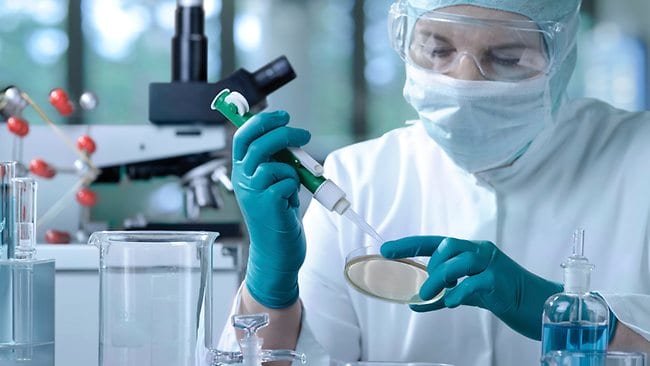Forget facelifts and lathering on the moisturisers: US experts say the answer to eternal youth lies in the ovaries.
Scientists at Utah State University found that exchanging older ovaries for younger ones in mice increased longevity, reports The Sunday Express.
There was also a reduction in all the usual health problems linked to ageing, including arthritis, heart disease and poor brain and liver function.
Professor Jeffrey Mason, who led the decade-long research says: “In our study mice didn’t look old when they were old.”

His team implanted ovaries from 60-day old mice into ones that had lived for a year.
The older mice had been through oestropause, a transition similar to the human menopause.
When these old mice with new embryos were tested four months later, their metabolisms and immune systems were similar to those in animals much younger.
The oldest mouse, at 1034 days old, was said to look as young as a rodent half her age.
She also lived longer than the average 650-day lifespan for mice.
Professor Mason hopes to use stem cells from women in their twenties to grow a new set of ovaries that could be implanted later.
The latest findings back up the results released by The Kato Ladies’ Clinic in Tokyo in 2010.
The Japanese study discovered that giving older mice young ovaries increased their average lifespan by more than 40 per cent.
Dr Noriko Kagawa stressed that there was still a lot of research to be carried out but the initial discoveries were promising.
“All the mice in both experiments that had received transplants resumed the normal reproductive behaviour of young mice,” she said.
“They showed interest in male mice, mated and some had pups.
“Normally, old mice stay in the corner of the cage and don’t move much, but the activity of mice that had had ovarian transplants was transformed into that of younger mice and they resumed quick movements.”
